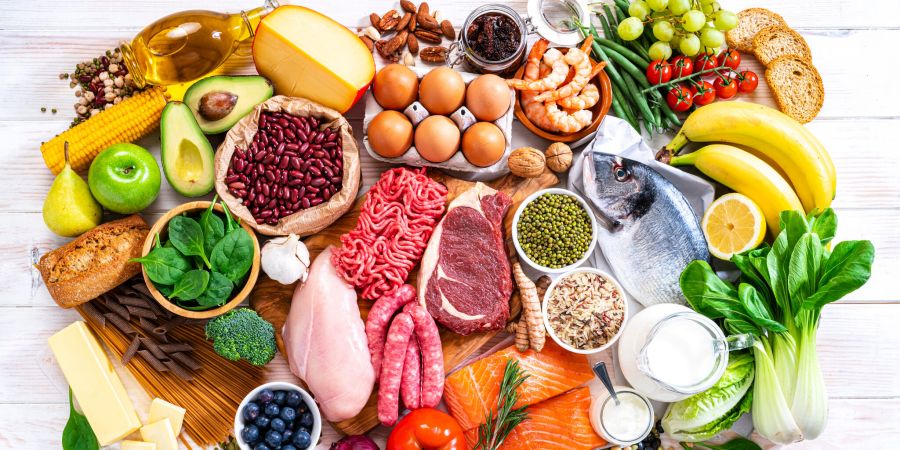

Pioneering studies has shed new mild on what drives humans`s simple meals options, indicating our alternatives can be smarter than formerly idea and encouraged via way of means of the particular nutrients, instead of simply calories, we want.
The worldwide look at, led via way of means of the University of Bristol (UK), got down to re-study and take a look at the widely-held view that people advanced to want energy-dense meals and our diets are balanced honestly via way of means of ingesting quite a few distinctive meals. Contrary to this belief, its findings discovered humans appear to have "dietary information," wherein meals are decided on in component to satisfy our want for nutrients and minerals and keep away from dietary deficiencies.
The outcomes of our research are highly vast and alternatively surprising. For the primary time in nearly a century, we have got proven people are extra state-of-the-art of their meals alternatives, and seem to pick primarily based totally on particular micronutrients instead of honestly ingesting the whole lot and getting what they want via way of means of default."
Jeff Brunstrom, Lead Author, Professor of Experimental Psychology
The paper, posted withinside the magazine Appetite, offers renewed weight to ambitious studies finished withinside the Thirties via way of means of an American pediatrician, Dr Clara Davis, who placed a set of 15 toddlers on a eating regimen which allowed them to "self-pick", in different phrases consume some thing they wanted, from 33 distinctive meals items. While no infant ate the equal aggregate of meals, all of them performed and maintained an amazing kingdom of health, which turned into taken as proof of "dietary information."
Its findings have been later scrutinized and criticized, however replicating Davis' studies turned into now no longer viable due to the fact this shape of experimentation on toddlers might nowadays be taken into consideration unethical. As a result, it's been almost a century in view that any scientist has tried to locate proof for dietary information in people – a college which has additionally been determined in different animals, along with sheep and rodents.
In general 128 adults participated in experiments. The first look at confirmed humans opt for sure meals combos extra than others. For example, apple and banana is probably selected barely extra frequently than apple and blackberries. Remarkably, those options look like anticipated via way of means of the quantities of micronutrients in a couple and whether or not their aggregate offers a stability of various micronutrients. To verify this, they ran a 2d test with distinctive meals and dominated out different explanations.
Related Stories
Discovery ought to open new doorways withinside the subject of blood strain studies
What does the Future of Microfluidics inside Research Look Like?
Olympus Discovery Center brings superior microscopy to mind studies
To supplement and cross-take a look at those findings, real-global meal combos as said withinside the UK's National Diet and Nutrition Survey have been studied. Similarly, those records proven humans integrate food in a manner that will increase publicity to micronutrients of their eating regimen. Specifically, additives of famous UK food, for example 'fish and chips' or 'curry and rice', appear to provide a much wider variety of micronutrients than meal combos generated randomly, along with 'chips and curry'.








